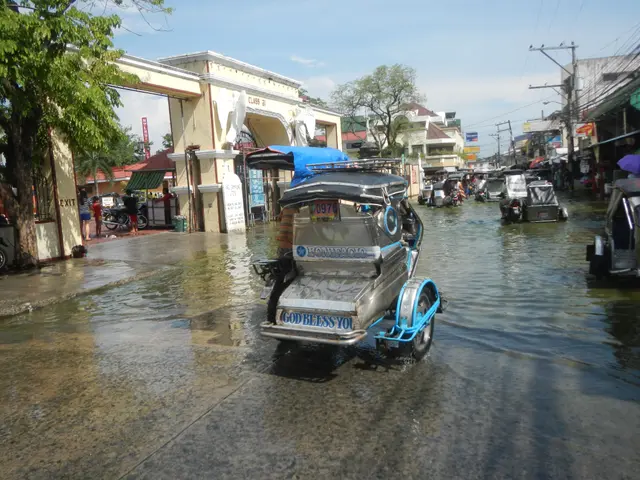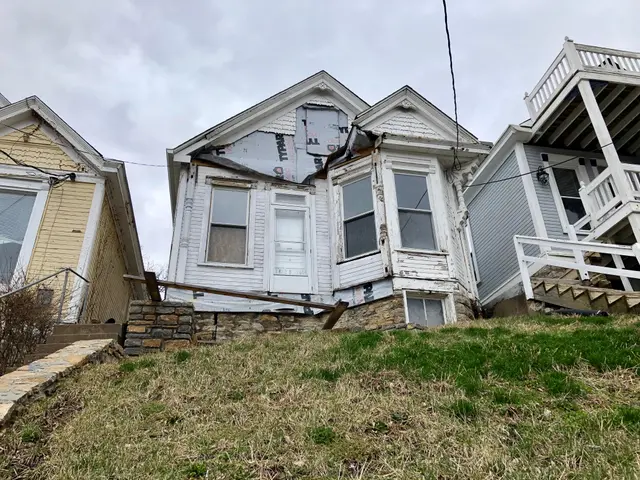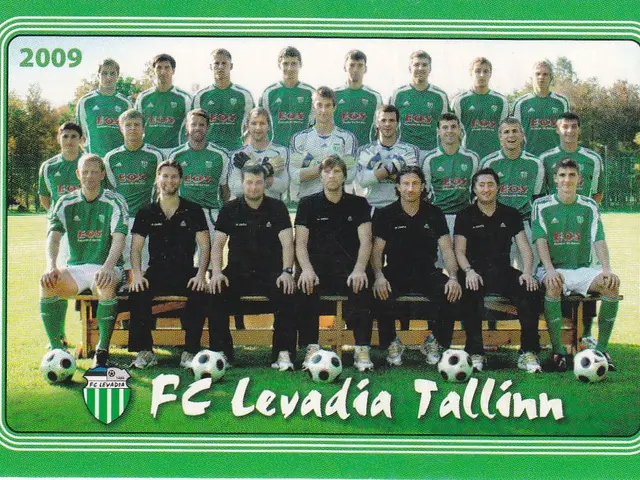German Parliament to Discuss Solingen Stabbing Incident
The Brandenburg legislative assembly is set to convene an extraordinary meeting this Thursday, following the fatal stabbing incident that occurred in Solingen, North Rhine-Westphalia. The AfD group, Germany's far-right party, requested the meeting to discuss the fallout from the tragic event.
"It's conceivable such incidents might unfold in Brandenburg," said Hans-Christoph Berndt, the AfD faction leader and their leading candidate for the state election. "Regrettably, such acts could occur anywhere in Germany."
Last Friday night, three individuals were killed, and eight others sustained injuries during a stabbing spree at a town festival in Solingen. A 26-year-old Syrian is now in custody as the primary suspect. Islamic State (IS) has claimed responsibility for the attack.
AfD is urging The Commission to investigate the security measures in place at public events, especially in light of the Solingen incident. The Commission has vowed to conduct a thorough investigation and propose enhanced security measures for future events.
Related News
- Aschaffenburg Attack: A knife attack in a public park in Aschaffenburg, Bavaria, on January 23, 2025, resulted in the deaths of a two-year-old child and a 41-year-old passerby. A 28-year-old Afghan suspect was apprehended at the scene, having reportedly lived in an asylum center and shown prior signs of psychological instability.
- Previous Incidents: The Solingen spree and subsequent events have reignited discussions on immigration policies, as these incidents are part of a series of high-profile stabbings happening across Germany.
Investigation and Security Measures
- Investigation:
- The Aschaffenburg attack is being investigated, with authorities scrutinizing how the suspect remained in the country despite deportation orders and a history of violent behavior.
- Interior Minister Nancy Faeser emphasizes the need for a comprehensive investigation to uncover the attack's background and prevent future attacks.
- Security Measures:
- In response to the series of knife attacks, Germany introduced stricter knife regulations, reduced benefits for asylum seekers, and expanded security force powers.
Political Response
- Blame Game:
- The attack has intensified the immigration debate ahead of Germany's national elections on February 23. Both federal and state authorities have engaged in finger-pointing, with the federal government criticizing Bavarian authorities for failing to deport the suspect earlier.
- Chancellor Olaf Scholz and Interior Minister Nancy Faeser have accused Bavarian authorities of mishandling the case, while Bavarian leaders have countered by denouncing bureaucratic delays from the federal government.
- Campaign Rhetoric:
- The far-right AfD advocates for "remigration" and "border closures," reflecting their stance on immigration. Party co-leader Alice Weidel has criticized current immigration policies and called for the expulsion of illegal immigrants.
- The center-right CDU has also taken a hardline approach, with leader Friedrich Merz pledging permanent border controls if elected. He has denounced EU migration policies as dysfunctional and pressured for a zero-tolerance approach towards immigration.
The Solingen incident and its broader context have provoked significant political debate and reaction, with various factions weighing in on immigration, security measures, and the government's response to such incidents.








